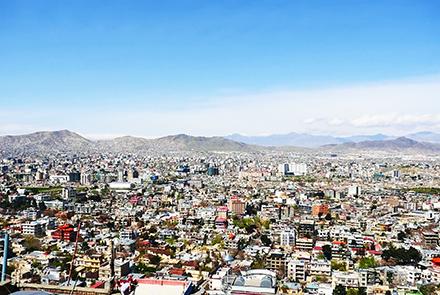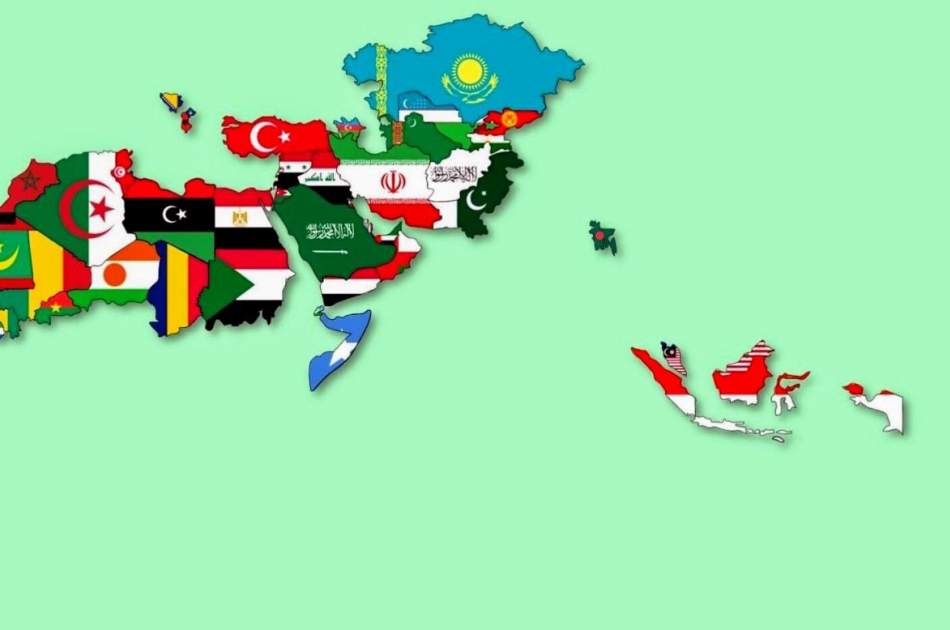A "meta-review" (a report based on other reports) of Afghanistan development by the German government shows progress in certain areas like access to basic health care, education, drinking water, roads, bridges and electricity in a 10-year period – from 2008 to 2018 – but highlights that many ambitious goals for the country were not achieved.
Publish dateSaturday 18 July 2020 - 11:56
Story Code : 214799
Various types of evaluation reports published between 2008 and 2018 by relevant development institutions, as well as 148 studies, were selected and then analyzed and summarized in the meta-review conducted by the German Federal Ministry for Economic Cooperation and Development.
The analysis shows that considerable progress was made in Afghanistan since 2001, namely in the areas of access to education and training, health care, energy and water, development of institutional capacities of central and provincial government authorities and good governance.
Quality of life has improved significantly for many communities in Afghanistan, 75 percent of the population now has access to basic health services, maternal mortality has declined to 396 cases per 100,000 live births, around 30 percent of the population has an electrical grid connection and 55 percent of Afghans have access to clean drinking water, the study shows.
The number of children in school has increased to 9.2 million in 2019 from one million in 2001, the study says.
It shows that that the poverty rate has been rising again since 2015 and now stands at 55 percent.
The Afghan government’s institutional structures and services are slowly improving, but they are far from able to keep up with the increasing demand and requirements, the analysis says.
The government has succeeded in increasing its own contribution to the funding of the budget to 45 percent, the analysis finds, but adds that the government lacks planning and implementation capacity, and good governance.
It also mentions corruption and nepotism, and a war and drug economy, as the key factors that undermine the acceptance of the government among Afghans. The Afghan government is unable to adequately maintain the country’s infrastructure on its own, the study says.
From an economic point of view, the analysis says, Afghanistan displays major development potential, as the country has an abundance of raw materials (world’s largest copper reserves as well as oil, natural gas, coal, lithium, gold, gemstones) and could theoretically produce extremely large amounts of energy from renewable sources.
Afghanistan could also become a logistics hub in the future if regional integration efforts were to make further progress, the study finds, adding that agricultural development is the most important driver of economic growth, which is why the Afghan government is focusing on the agricultural sector.
The study says there has been some success achieved with infrastructure in Afghanistan but adds that “very little private Afghan or international investment is made in this area due to the volatile security situation.”
The analysis also sheds light on areas in which Afghanistan has not made progress or has remained a concern for the country.
Deteriorating security, deficiencies with regard to respect for human rights, less progress on women’s rights, high drop-out rate in schools, the low school enrolment rate for girls, the continued high level of illiteracy, and highly insufficient economic growth and corruption in the Afghan government are major problems that Afghanistan is facing right now, according to the study.
Other deficiencies mentioned by the evaluation are lack of coordination of approaches and measures among donor countries, parallels institutional structures in the government, less attention to the selection of actors and partner institutions for cooperation, unevenly distribution of development activities to provinces, and lack of institutional capacity for implementing development activities.
These all, the study says, have increased widespread corruption in government offices.
The meta-review suggests that concepts and strategies should be modified in the future to achieve more significant progress, and thus finally be able to offer the Afghan people hope for the future after more than 40 years of war.
The analysis shows that considerable progress was made in Afghanistan since 2001, namely in the areas of access to education and training, health care, energy and water, development of institutional capacities of central and provincial government authorities and good governance.
Quality of life has improved significantly for many communities in Afghanistan, 75 percent of the population now has access to basic health services, maternal mortality has declined to 396 cases per 100,000 live births, around 30 percent of the population has an electrical grid connection and 55 percent of Afghans have access to clean drinking water, the study shows.
The number of children in school has increased to 9.2 million in 2019 from one million in 2001, the study says.
It shows that that the poverty rate has been rising again since 2015 and now stands at 55 percent.
The Afghan government’s institutional structures and services are slowly improving, but they are far from able to keep up with the increasing demand and requirements, the analysis says.
The government has succeeded in increasing its own contribution to the funding of the budget to 45 percent, the analysis finds, but adds that the government lacks planning and implementation capacity, and good governance.
It also mentions corruption and nepotism, and a war and drug economy, as the key factors that undermine the acceptance of the government among Afghans. The Afghan government is unable to adequately maintain the country’s infrastructure on its own, the study says.
From an economic point of view, the analysis says, Afghanistan displays major development potential, as the country has an abundance of raw materials (world’s largest copper reserves as well as oil, natural gas, coal, lithium, gold, gemstones) and could theoretically produce extremely large amounts of energy from renewable sources.
Afghanistan could also become a logistics hub in the future if regional integration efforts were to make further progress, the study finds, adding that agricultural development is the most important driver of economic growth, which is why the Afghan government is focusing on the agricultural sector.
The study says there has been some success achieved with infrastructure in Afghanistan but adds that “very little private Afghan or international investment is made in this area due to the volatile security situation.”
The analysis also sheds light on areas in which Afghanistan has not made progress or has remained a concern for the country.
Deteriorating security, deficiencies with regard to respect for human rights, less progress on women’s rights, high drop-out rate in schools, the low school enrolment rate for girls, the continued high level of illiteracy, and highly insufficient economic growth and corruption in the Afghan government are major problems that Afghanistan is facing right now, according to the study.
Other deficiencies mentioned by the evaluation are lack of coordination of approaches and measures among donor countries, parallels institutional structures in the government, less attention to the selection of actors and partner institutions for cooperation, unevenly distribution of development activities to provinces, and lack of institutional capacity for implementing development activities.
These all, the study says, have increased widespread corruption in government offices.
The meta-review suggests that concepts and strategies should be modified in the future to achieve more significant progress, and thus finally be able to offer the Afghan people hope for the future after more than 40 years of war.
Source : Afghan Voce Agency(AVA)
avapress.net/vdcb9ab59rhb8zp.4eur.html
Tags
Top hits







